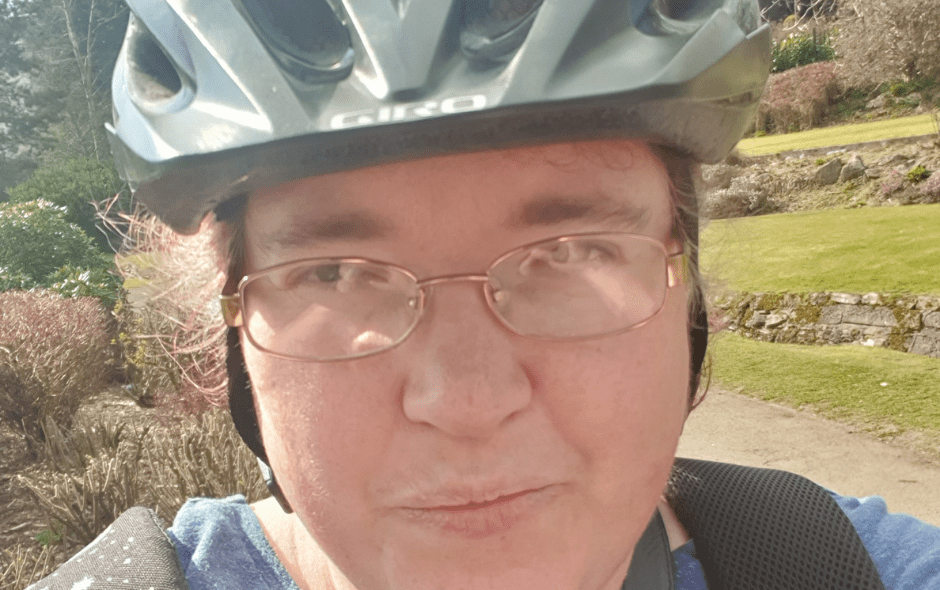Jenni had her first seizure whilst on a plane going to Melbourne Airport 26 years ago. Soon after she was diagnosed with epilepsy.
Here she shares her experiences of living with epilepsy.
When did you first get diagnosed with epilepsy?
26 years ago. In 1996, I had my first seizure on a plane going to Melbourne Airport. The plane got emergency priority landing to take me to Royal Children’s Hospital in Melbourne.
A week later, I got a CT scan done. Then I was transferred to the former Western Infirmary Hospital in Glasgow.
How did you feel when you were first diagnosed?
I was absolutely devastated after being diagnosed. Trying to come to terms with having epilepsy. How to manage to take the medication to control my epilepsy, and deal with being on medication for the rest of my life.
What type of seizures do you have? How does it affect you?
I have absence seizures which are controlled with medication. Myoclonic Juvenile Epilepsy aka photosensitive epilepsy (strobe lights trigger my seizures/twitches).
What challenges have you faced since being diagnosed with epilepsy?
I can’t do night shift employment or 24-hour shifts. I can drive but haven’t got to passing my driving test.
We always say that epilepsy is more than seizures. Do you feel this has been your experience?
Yes, I have had depression, anxiety levels go up, loss of confidence, fatigue, tiredness every day, most medications make you eat more, eating disorders, drinking less alcohol, knowing when to stop (knowing your alcohol limit).
Do you feel more needs to be done to highlight invisible disabilities such as epilepsy?
More awareness and more support. All employers should do additional training and have a clear understanding of how to deal with any person who has a seizure.
Available training about all types of seizures for people to have a clear understanding, additional psychological support, as epilepsy and many other conditions affect people’s mental health every day.
What would you say to others who have been recently diagnosed with epilepsy?
Do your research, and seek psychological support if you are struggling with your new diagnosis as it can lead to mental health problems.
Do something active to help with your mental health, go to the gym, fitness class, walk, or cycle. Always tell your peers, supervisor, and tutor about your condition.
Don’t be shy to disclose your condition to others while doing any work, or educational training, as you can get additional support when it is available.
Is there anything else you would like to add?
I’ve had this condition for 26 years now, controlled with medication, and just about finished my degree studying Forensic Psychology with Open University.
Once am qualified, I want to work with people/children who have any medical condition and give them psychological support when they need it most.
If you would like to share your experiences of living with epilepsy, please email David Coates our Communications Officer at dcoates@epilepsyscotland.org.uk or call 0141 427 4911.




